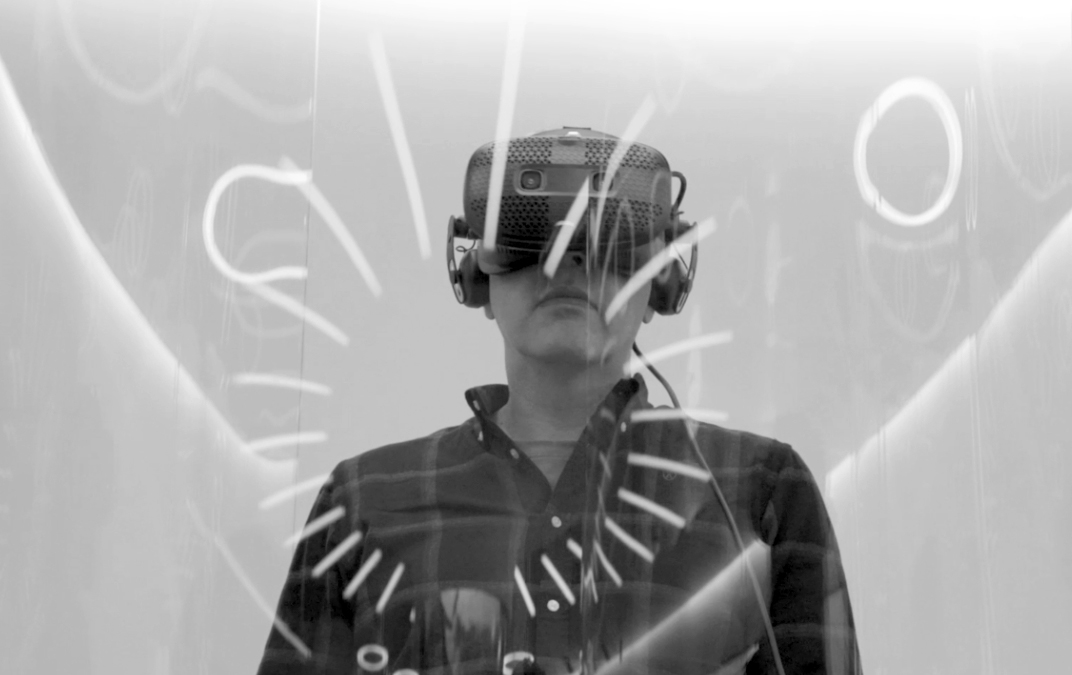The future of social networks: more users, less acritics
- Date
- Written by admin
Article by Ignacio Bazarra for Interactiva Digital magazine in its 20th Anniversary Special Edition
Born since 2004, they have entered adolescence. These are times of physical changes, of not wanting to look different and of terror at looking in the mirror. In this decade, social media will reach maturity, but it will surprise them with a very deteriorated image. Instagram has reached 1 billion users during the pandemic. The lockdown due to COVID-19 has been more bearable thanks to social media. Twitter has grown because a megaphone was needed, but it has been colonised by haters and defamers. Facebook, for its part, remains entangled in a reputational loop.
According to Hootsuite, nearly 4 billion people now use social media. Usage has risen by 43% worldwide due to the pandemic. These figures are from March, so the increase will be even more spectacular. This is the best opportunity for brands, but also for social media networks to engage in self-criticism and read the signs being sent by society. Here are some of the trends we are seeing.
Exemplarity Spain is the sixth most concerned country about data processing abuses. Seventy-two per cent of users distrust social media. As Bruno Patino warns, in this decade we will see them subject to the rule of law and free competition. The exemplary behaviour Javier Gomá refers to should start with them, but unfortunately it will have to be imposed on them.
Adding value for the user "Why should I open an account?" We find it difficult to make the decision. The reason is not because of barriers to entry or lack of time, but because they do not offer us anything useful. The content we upload to the internet and consume must be of high quality.
Less is more Mies van der Rohe's maxim should be engraved on the frontispiece, for example on the sticker we use to cover the computer's webcam. We are not talking about seeking emptiness or abusing synthesis, but about being relevant. Gone are the days of endless, weighty content to fill calendars.
TikTok shakes up the market The frenetic activity of the 800 million users of the Chinese network represents the evolution from homo ludens to homo agitatus portrayed by Jorge Freire. It is fashionable, but its birth certificate could cause problems in the West.
Inclusion is not self-censorship We will think twice about what we communicate, not out of fear but because our imagination and our ethical baggage are not the only true ones. The world is diverse. Networks are a formidable instrument for transforming society, but it is the individual and not the network who must master that instrument, as Adela Cortina argues.
More practical We will see growth in platforms that offer practical services for users and bring together communities with shared interests. From LinkedIn (professionals) to Tinder (relationships), Nextdoor (neighbourhood) and GoodReads (readers).
There's a match The crisis facing Facebook, Twitter and TikTok due to security breaches, their exposure to geostrategic interests and data trafficking, is an opportunity for alternative networks such as MeWe, Facecast and Minds. They will enrich the ecosystem and lead the way for the big players, which are becoming increasingly similar to one another.
Ignacio Bazarra. Communications Consultant at Darwin & Verne

